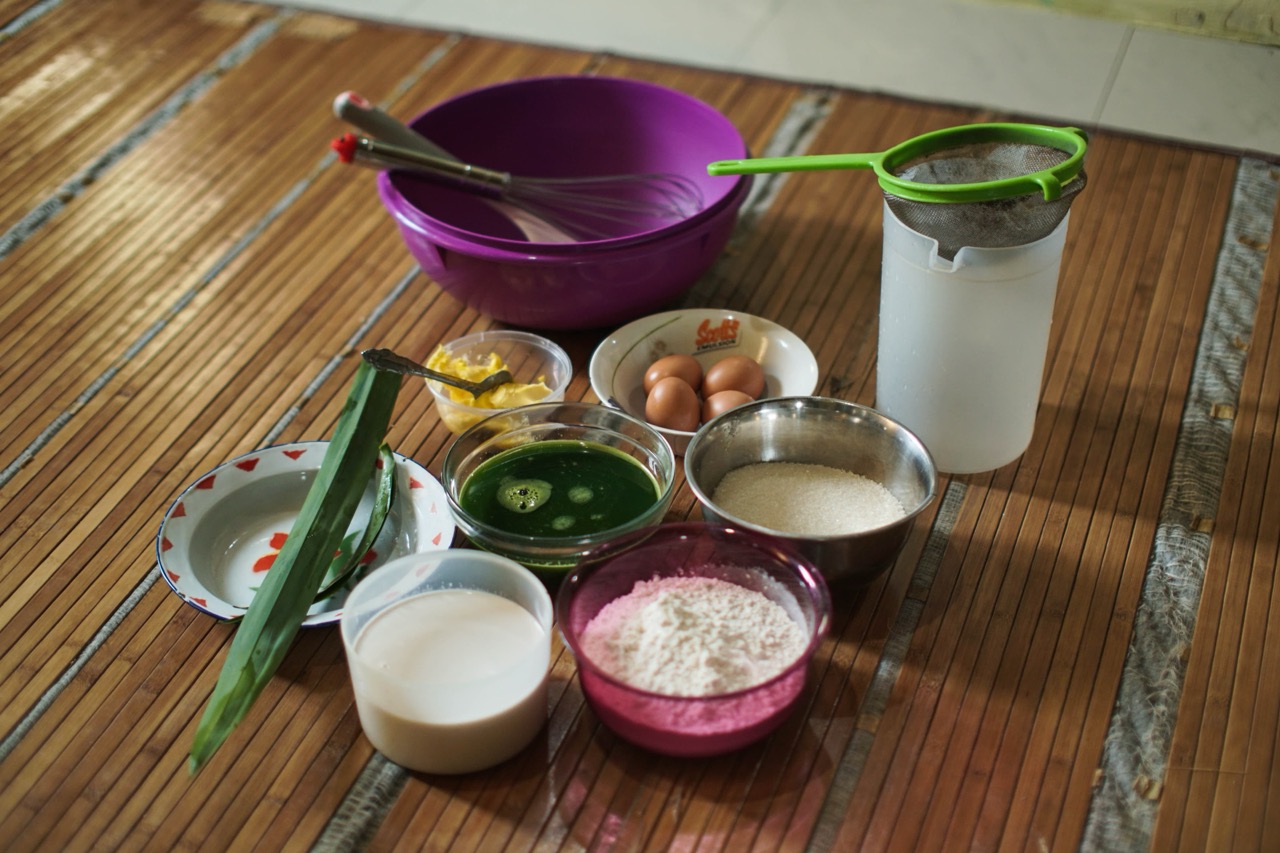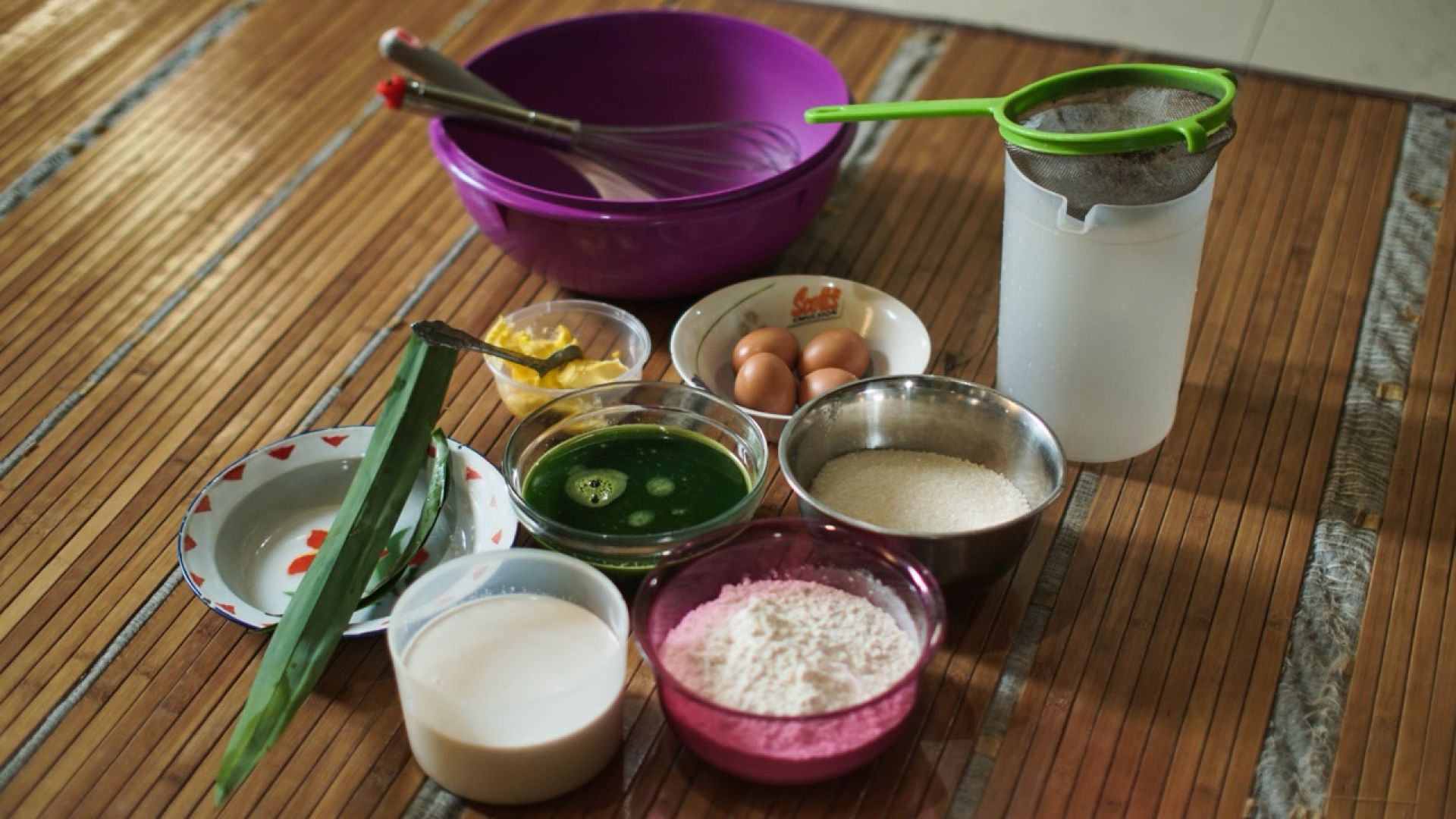As sustainability becomes a defining factor in consumer choices, small businesses have a growing opportunity to lead the shift toward a greener economy. According to PwC 2024 Voice of the Consumer Survey, 85% of consumers say they feel the impact of climate change daily and are willing to pay nearly 10% more for sustainably sourced products.

However, for Micro, Small and Medium Enterprises (MSMEs), embracing sustainability is easier said than done. Limited access to funding, knowledge and green technology often makes the transition difficult especially when competing against larger businesses with more resources.
The Department of Trade and Industry (DTI) recently signed a Memorandum of Understanding (MoU) with the Global Reporting Initiative (GRI) to help local MSMEs adopt and report on sustainability best practices. Through this, Filipino MSMEs will gain access to training on sustainability reporting, supply chain management, and green procurement—equipping them to meet regional expectations.
MSMEs make up the majority of firms in the ASEAN region, contributing 85% to employment, nearly 45% to GDP, and 18% to national exports. As sustainability becomes central to regional growth strategies, MSMEs are under increasing pressure to integrate sustainable practices into how they operate and grow.
A regional case from Indonesia shows how targeted support can help MSMEs rise to the challenge. In Riau province, the Sentra Kreatif Lestari Siak (SKELAS) is helping businesses to thrive by launching the Siak Sustainable Business Incubation Program (KUBISA), which supports 26 MSMEs to develop their creative business solutions that can improve the local economy while preserving nature.
Dapur Mempura and Pinaloka are clear examples of the success of the SKELAS incubation program in fostering MSMEs which includes business mentoring, access to markets, and product development that have successfully grown into innovative and sustainable businesses.
Dapur Mempura, founded during the pandemic, is reviving the traditional Malay sponge cake bolu Komojo using healthier, local ingredients like rice bran and mocaf. For founder Santi Lestari, it’s also a personal mission. “It is becoming increasingly difficult for mothers to meet the needs of children who require special attention to food, such as my son who suffers from ADHD. We want to bring back the nostalgic taste of bolu Komojo that we used to enjoy as children, but with a healthier alternative for Indonesian families.”
Beyond offering a healthier snack, Dapur Mempura is also reviving local food heritage demos for Penkabaru students and supporting farmers in Bunga Raya Village by turning discarded rice bran into a valuable baking ingredient.
Meanwhile, Pinaloka, a women’s business group in Siak, is turning the region’s crown pineapples into jams, syrups, and pastries while also tackling peatland degradation which often leads to devastating forest fires. “Empty peatlands are often overgrown with bushes that become fire hotspots due to their fibrous roots and thin leaves. To overcome this, we planted crown pineapples on the land to maintain soil moisture and intercropped them with other vegetation,” explained Wulan Suci Ningrum, a Pinaloka representative.
Their model directly supports 33 farmers across four villages, with the goal of involving 100 by the end of 2024. This approach blends with agroforestry and livelihood generation—something that can be adapted to Philippine regions vulnerable to land degradation and food insecurity.
Synergy between Business, Culture, and Environmental Conservation
The collaboration between Dapur Mempura and Pinaloka also shows how MSMEs can scale impact together. Inspired by a shared mission, they developed a new product: pineapple tarts, a staple snack across Southeast Asia. “This collaboration started with Pinaloka’s desire to present more diverse pineapple products. We started brainstorming interesting ideas until we came up with pineapple tart, and after some trial and error, we finally managed to combine the sweet taste of pineapple with the crunchy and savory skin,” said Santi. The tarts have already been showcased at a national event hosted by Bank Indonesia.
Cerli Febri of Skelas emphasized the power of these partnerships, “We always support MSMEs to continue to innovate products and further collaborate with the community to answer environmental challenges around them. By creating added value from local ingredients, we encourage them to create a business model that can involve the growth of other MSMEs.”
For the Philippines, stories like these are more than inspirational—they are instructional. With the right policy, mentorship, and training support, Filipino MSMEs can play a critical role in building a sustainable future. Programs like DTI and GRI’s training on sustainability reporting and green procurement are key steps in helping local enterprises align with both regional goals and global market expectations.
From coastal barangays to upland farming towns, MSMEs have the potential to create value not just from what they sell–-but from how they grow, who they empower, and what they protect.




